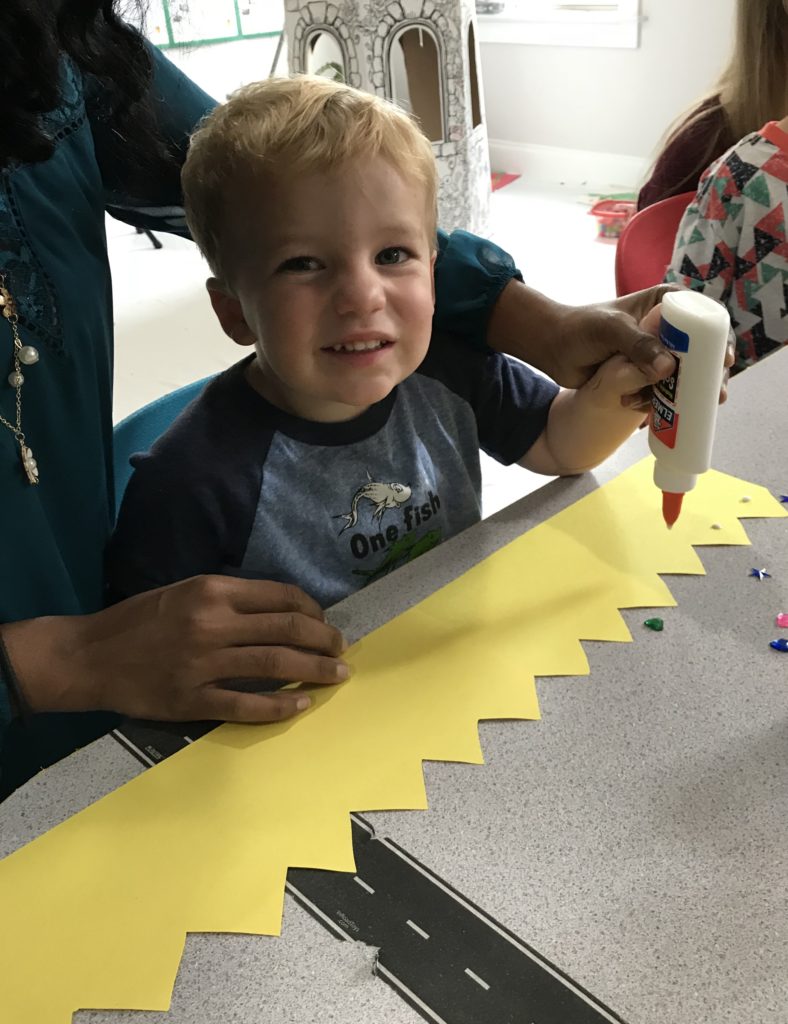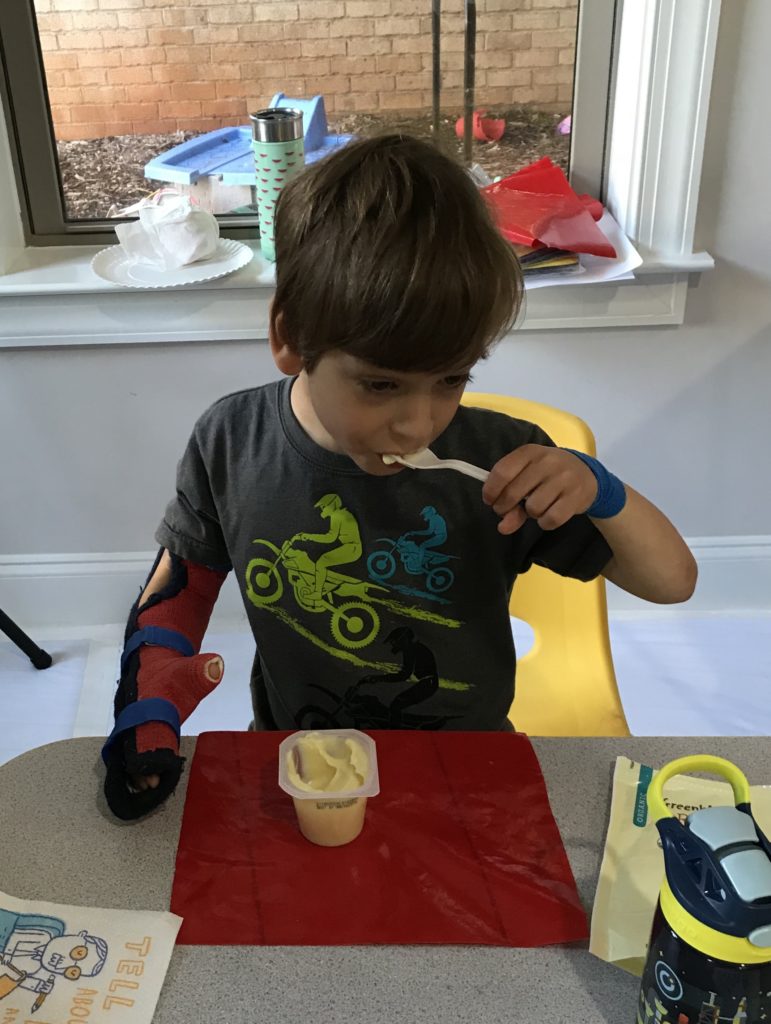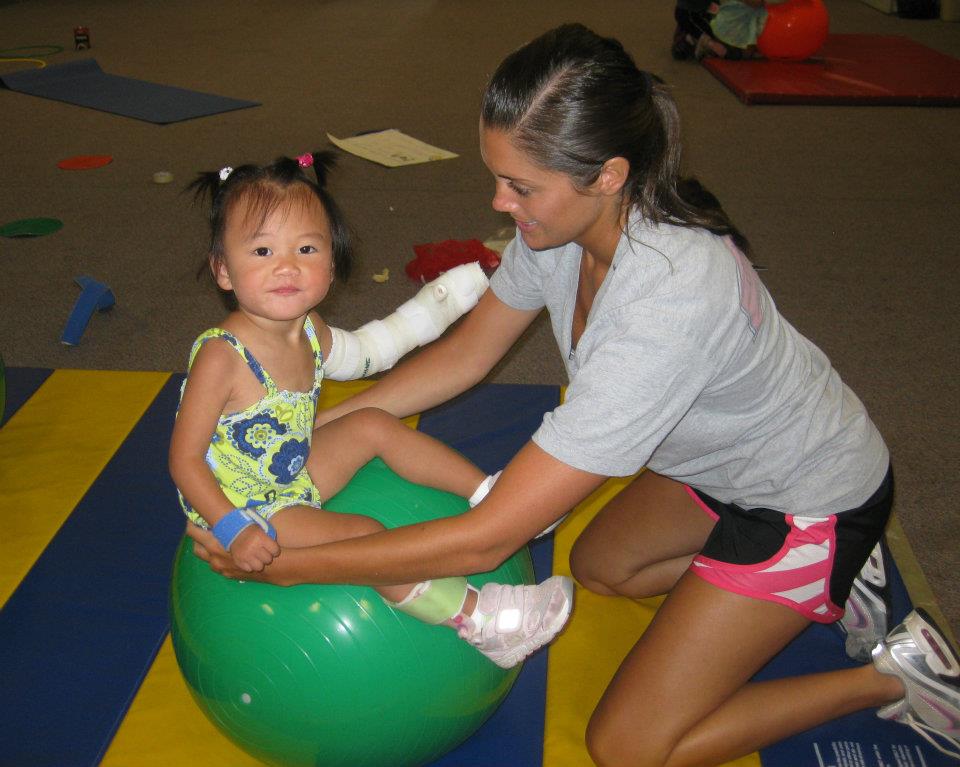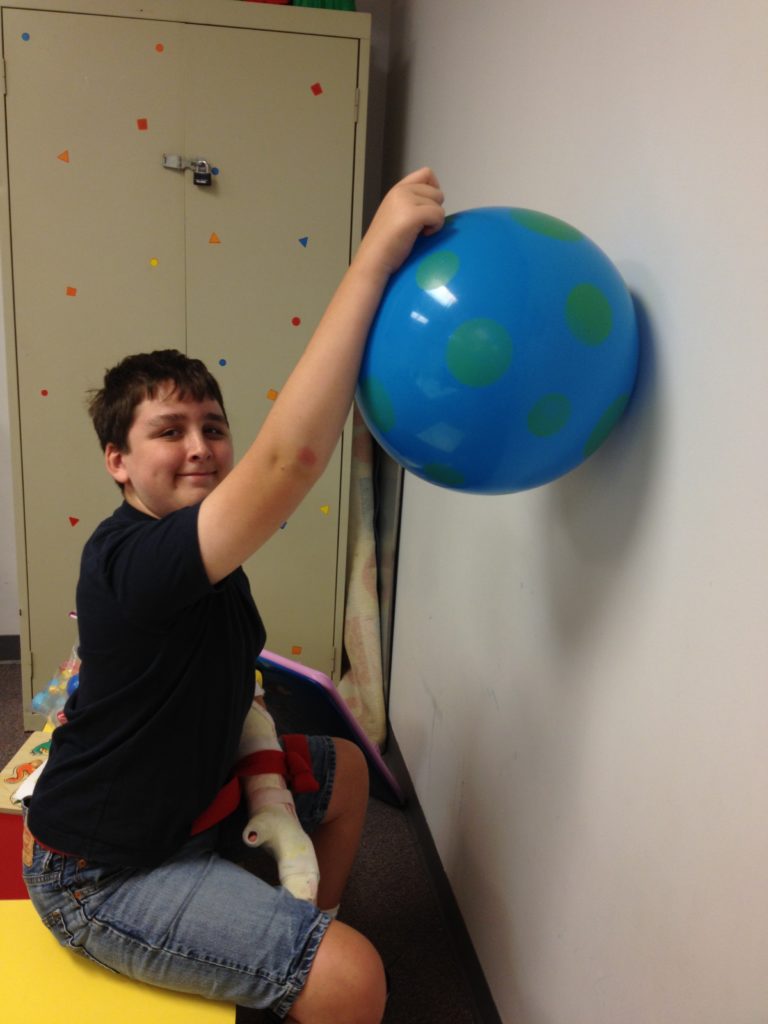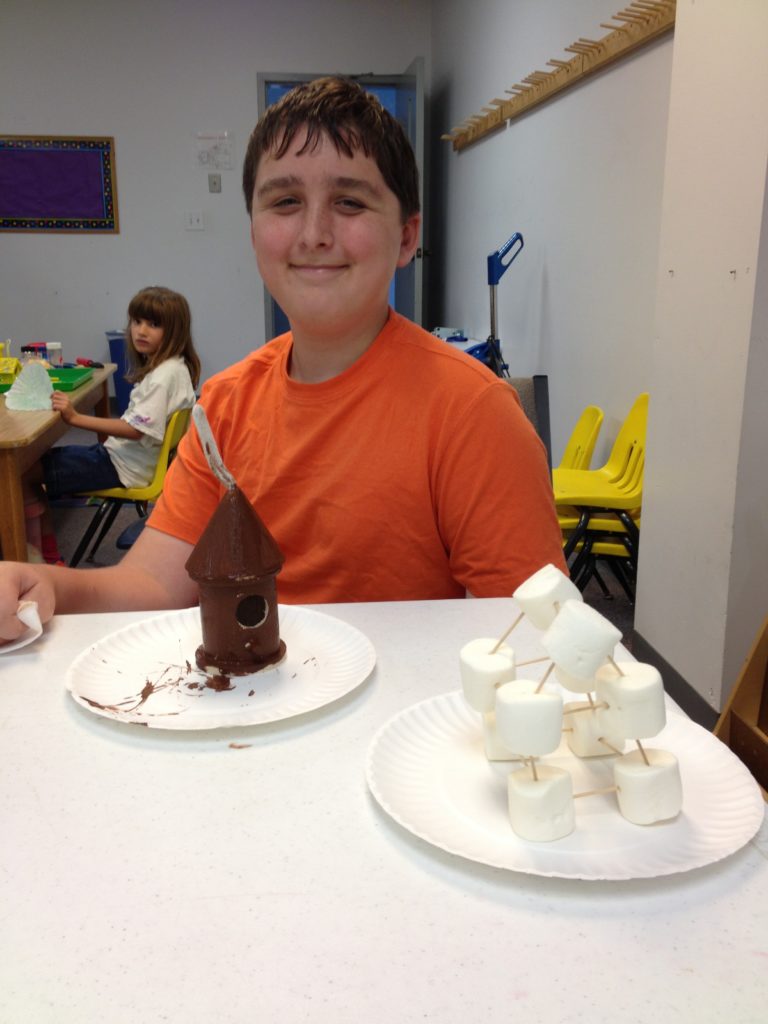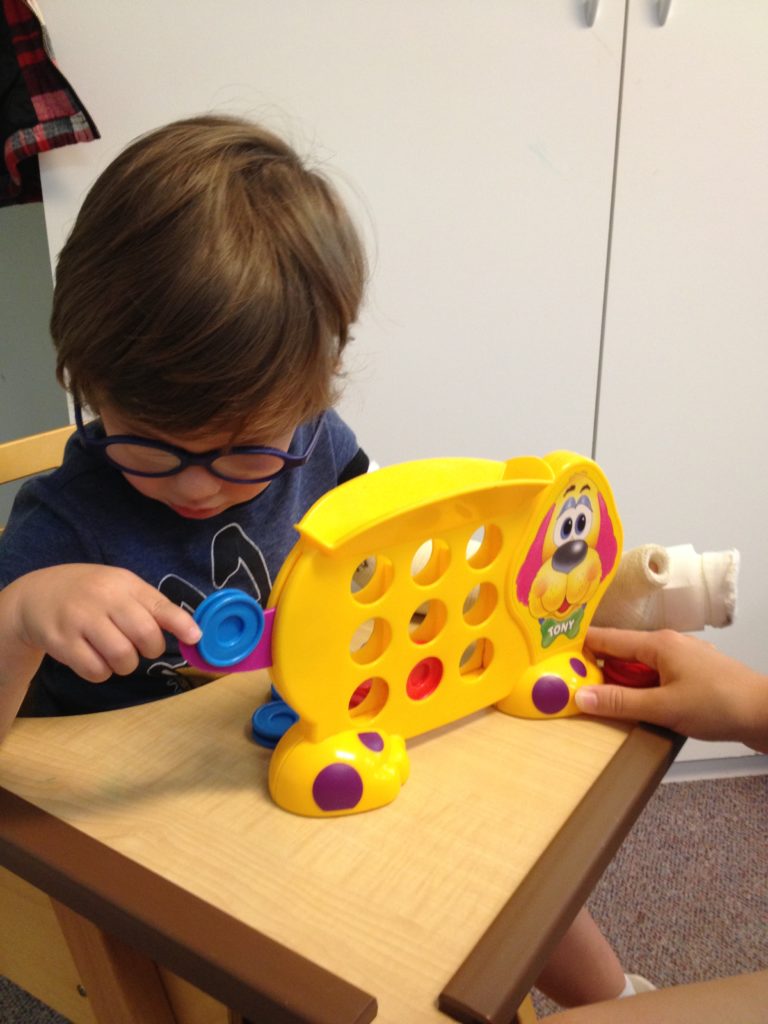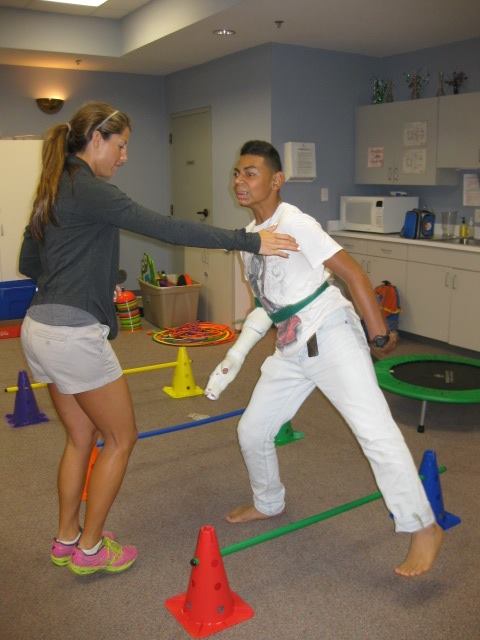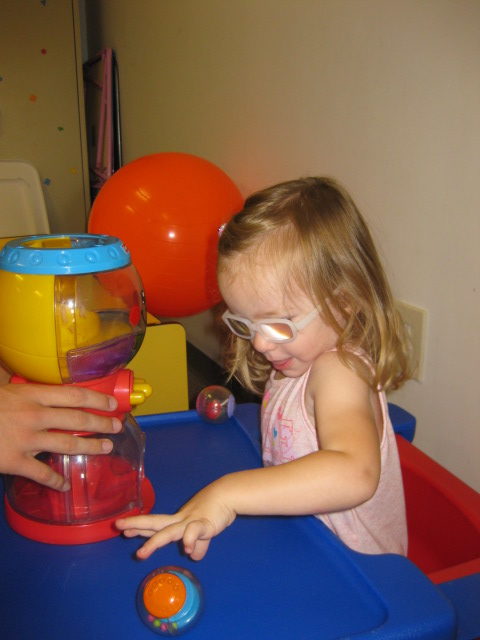What is Constraint-Induced Movement Therapy (CIMT)?
Constraint-Induced Movement Therapy (CIMT), or CI therapy, is an individual intensive treatment program that teaches the brain to “rewire” itself. This treatment model, developed by Dr. Edward Taub, is based on overcoming “learned non-use” in the weaker arm/hand and improving motor skills and coordination in this arm/hand.
An occupational therapist (OT) provides CI therapy which is a "therapeutic package" consisting of a number of different intervention techniques. Some of these techniques have been employed in traditional therapy at a reduced intensity compared to CI therapy.
CI therapy is effective in children who have limited use of one side of their body due to diagnoses such as:
- Cerebral Palsy
- Stroke
- Head Injury
- Hemispherectomy
- Brachial Plexus Injury
CIMT can help promote development of new pathways between the brain and the impaired extremity. Constraining the unimpaired extremity encourages the impaired hand to move, and over time the brain is induced to “rewire” itself. Our Occupational Therapists use behavioral techniques known as shaping, where your child is asked to repeat activities several times while gradually increasing difficulty level. Our therapists provide ample encouragement and motivation in order for your child to be successful at a specific activity.
Three main components of CI therapy
1.
Repetitive, task-oriented training of the more impaired upper extremity for 3 hours a day for 15 consecutive weekdays.
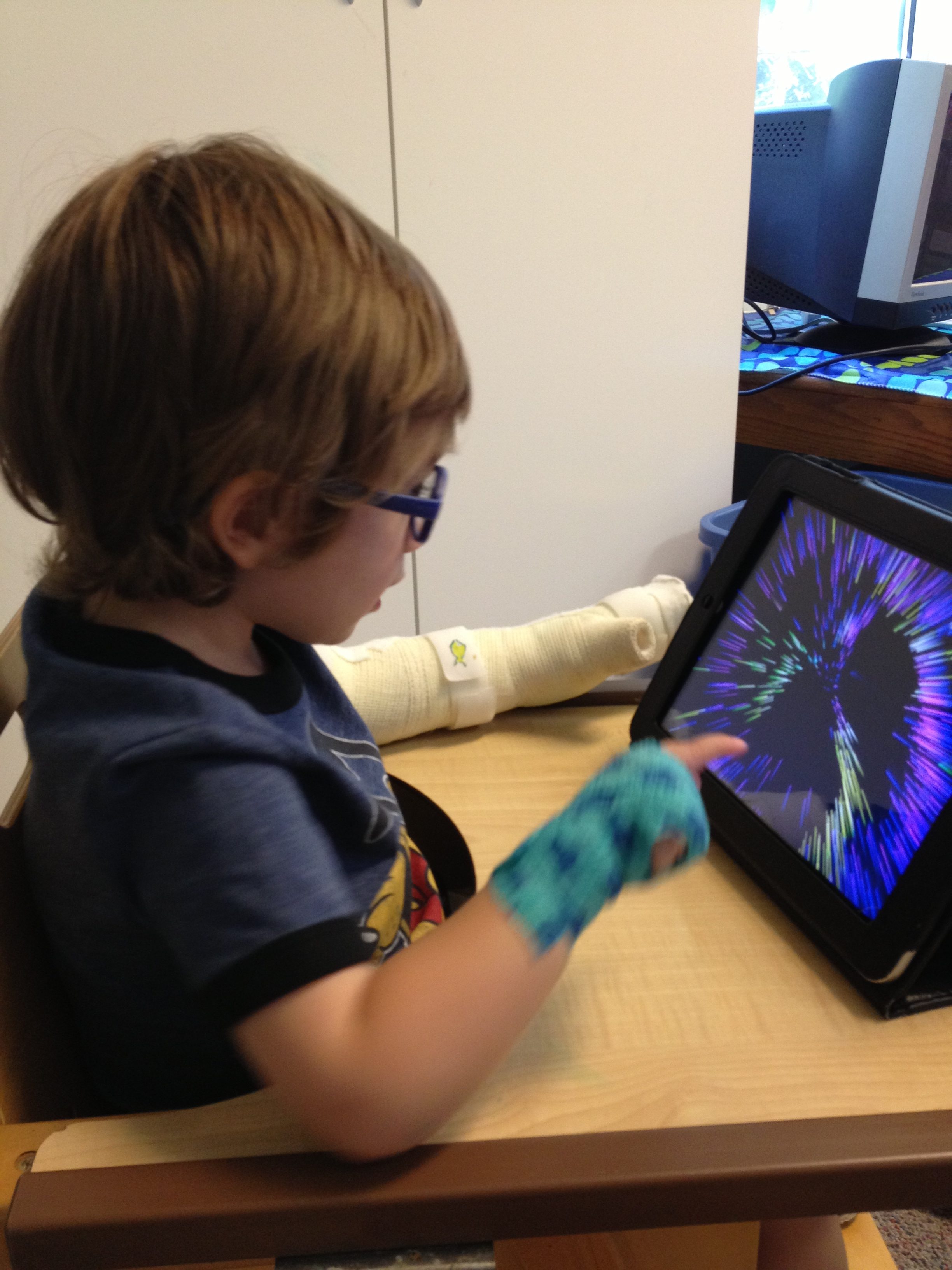
2.
Applying a “transfer package” of adherence-enhancing behavioral methods designed to transfer gains made in the clinical setting to the patients’ real-world environments.
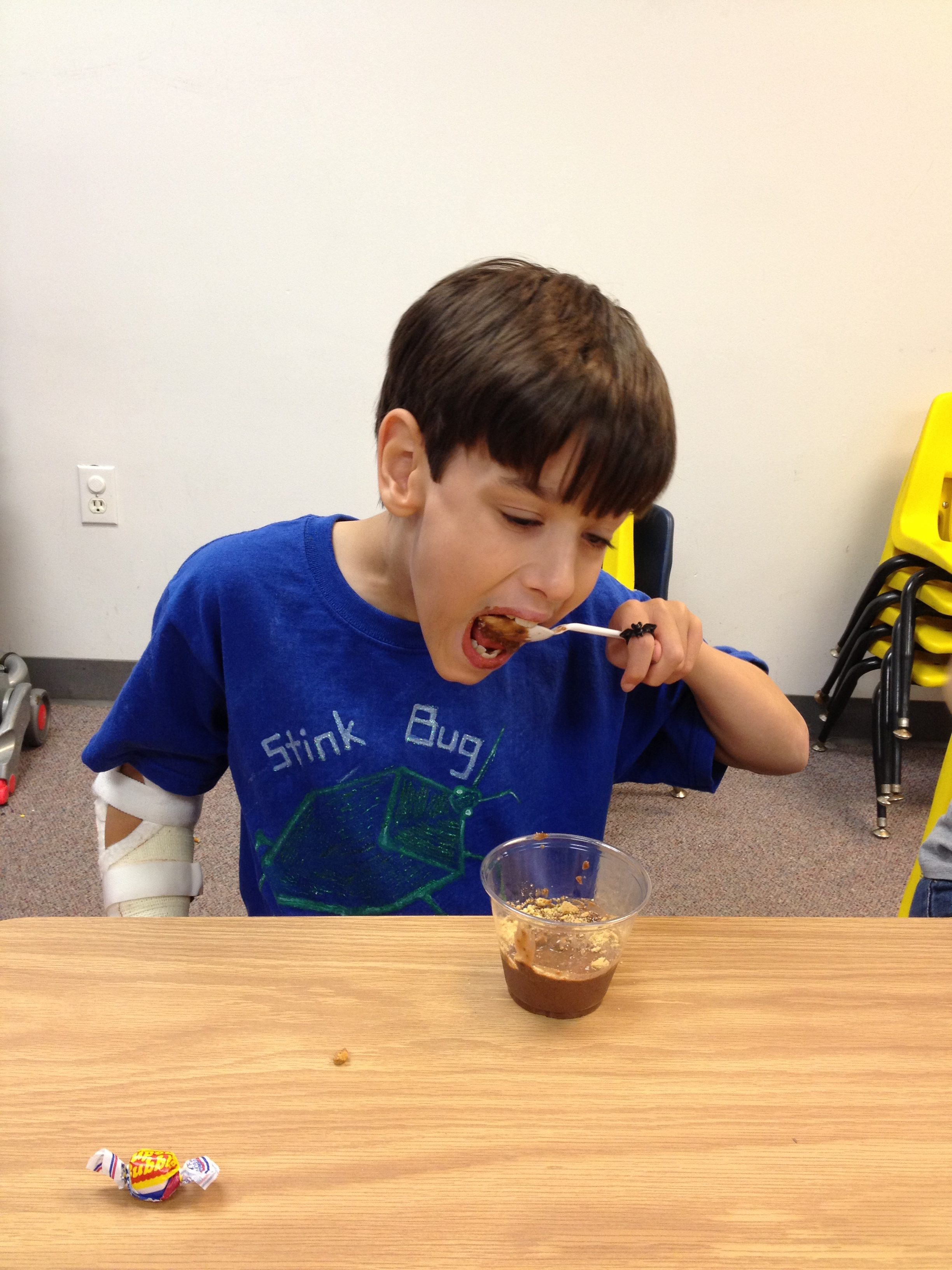
3.
Constraining the child with a removable arm cast on the less impaired upper extremity in order to use/train the more impaired upper extremity during the course of treatment.
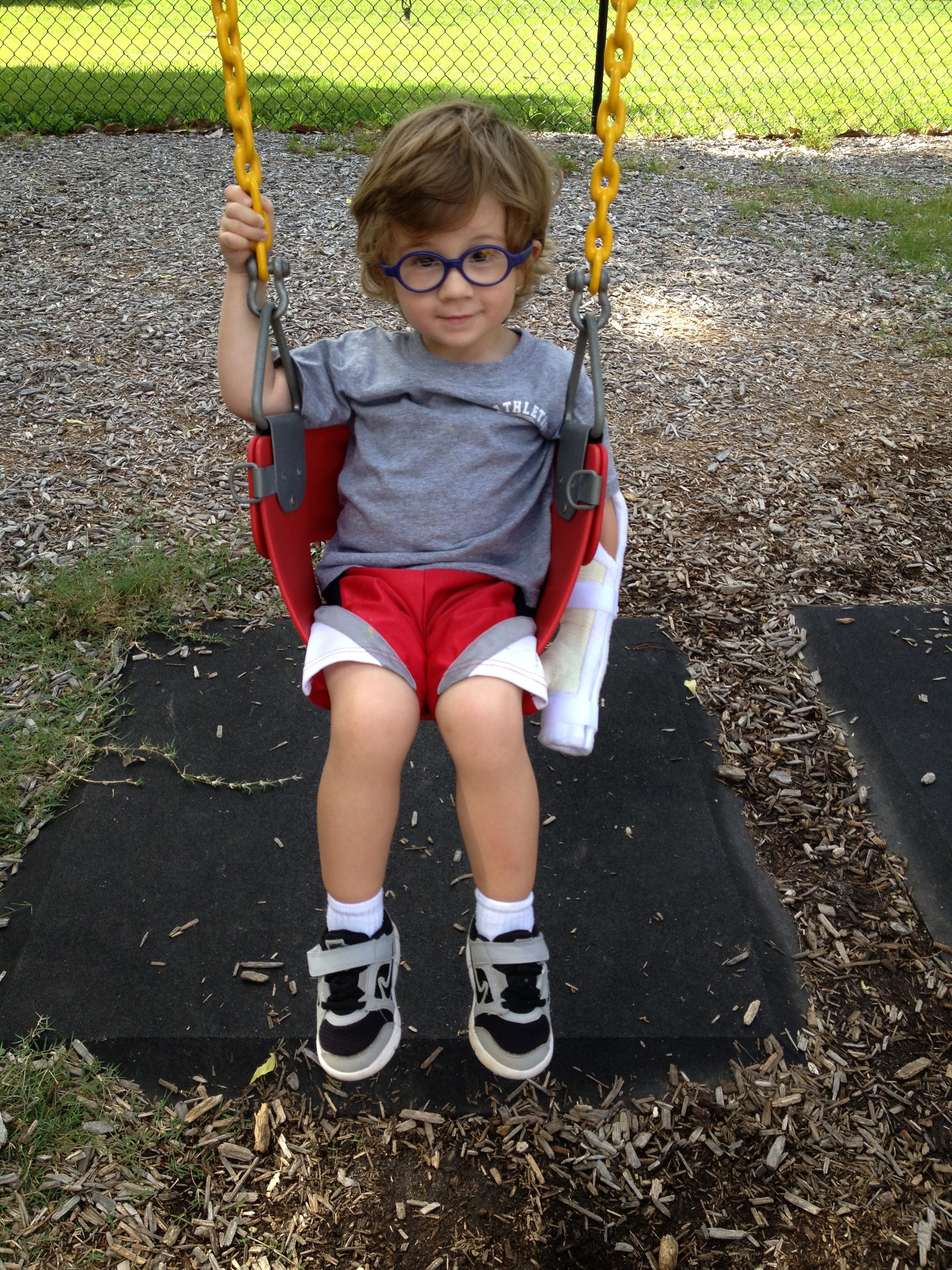
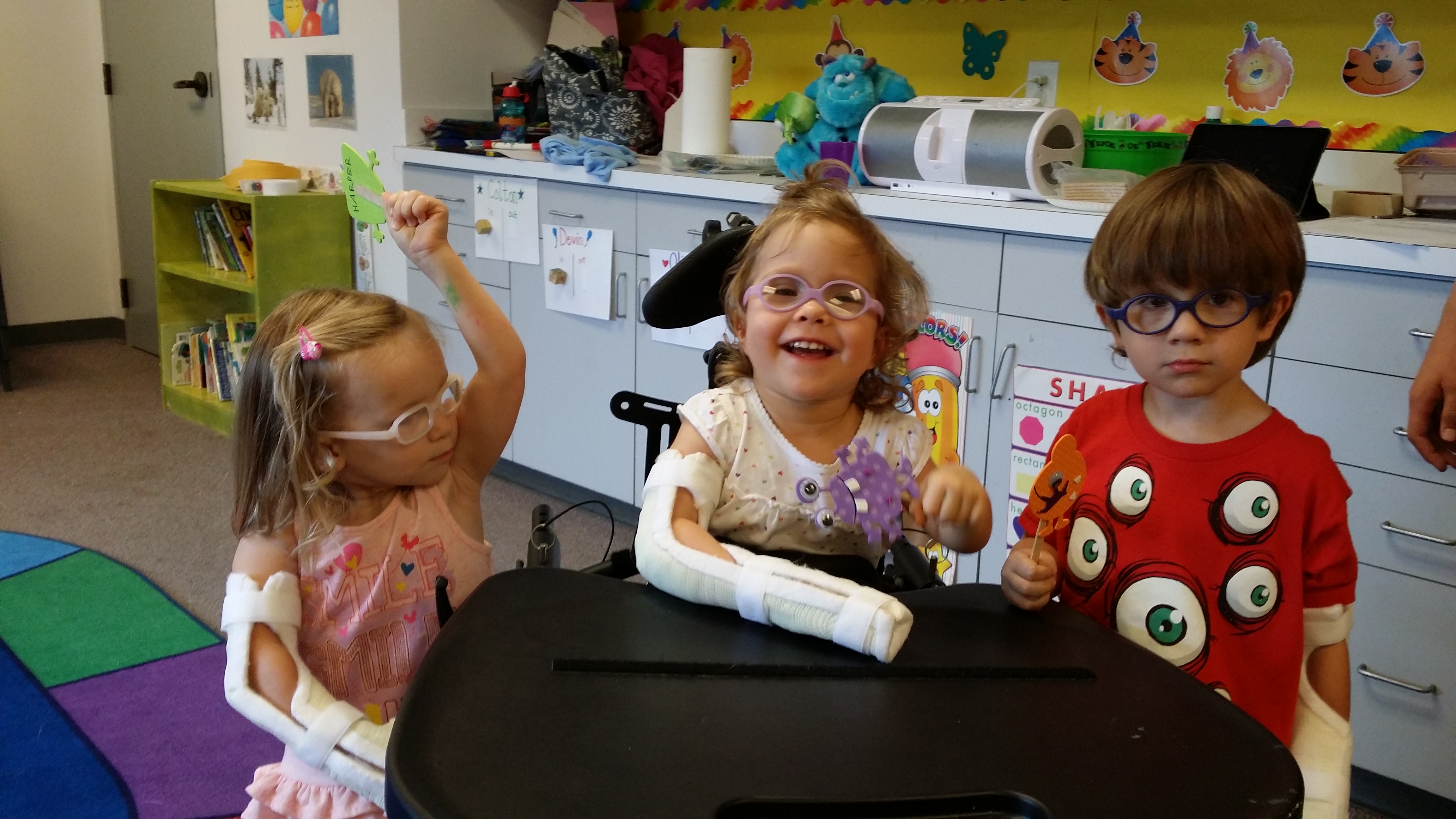
Repetitive, task-oriented training of the more impaired upper extremity for 3 hours a day for 15 consecutive weekdays.
CI therapy establishes a bridge between the clinic and daily life settings. A majority of therapeutic gains made in the clinic transfer and contribute to the functional independence of the patient in real world environments.
POWERHOUSE THERAPY
Offering individual intensive therapy from a pediatric occupational or physical therapist with specialized training in CI Therapy.

